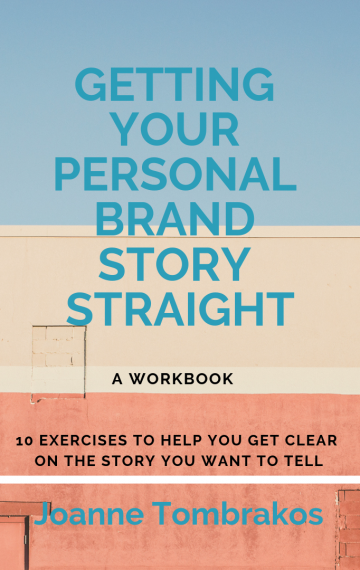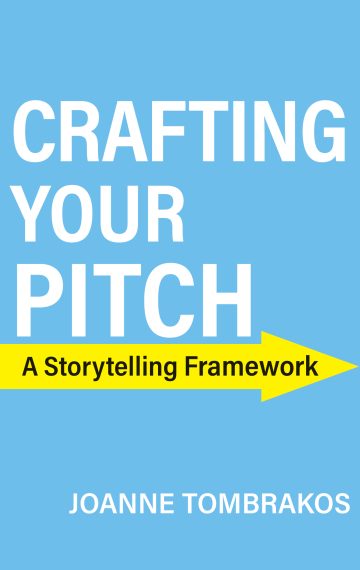
There’s been a problem with my mother’s freezer for awhile. She knew it. I knew it. My brother knew it. Not everything was freezing equally and ice kept accumulating on the thermostat in the back.
None of us wanted to deal with it. Not even my mother who in her younger days would have called in a repair man weeks ago. Now she just wants her twenty-seven year old refrigerator to outlive her.
My brother and I kept ourselves in denial as well. The thoughts of having to get a new refrigerator for a woman who has come to hate change so much, she is upset if Kraft changes the packaging on a jar of Miracle Whip was just too exhausting. And we are all already exhausted. First, there was the pandemic, then the murder of George Floyd and now the aftermath and the daily reminders of how real systemic racism is and how terribly broken our country is.
I don’t know what it’s like to be Black
As a woman who grew up during the second wave of feminism, I have been aware for a long time that the ideals this country was built on – that everyone was endowed with “unalienable rights” to “life, liberty and the pursuit of happiness” really only applied to white men. The rest of us were going to have to “earn” it. I’ve dealt with sexism and discrimination in the workplace because of my gender my entire life. I’ve had to do better and be better than my white male counterparts only to discover that often was still not enough.
My experiences taught me that whatever wonderful opportunities this country might afford me, there is a lie baked in the foundation, one we have danced around for centuries. But even knowing all that it still doesn’t mean I know what it’s like to be Black. I don’t know what it means to be pulled over by the police for the crime of driving while Black. What I do know is it’s a real thing and that it’s happened to Black friends of mine, good people that I would trust my life with, people who have had to have “the conversation” with their children about how to be if they are stopped by the police so they come home alive.
Despite all I know I have found myself questioning how I see race these last couple of weeks. I’ve wondered if I am really as accepting as I like to believe I am of those who look differently than I do. I’ve asked myself if I’ve been ignoring the problem in the same way I’d been ignoring Mom’s broken freezer, deluding myself it would magically get fixed without any real effort.
Educating myself
So, at the behest of many on the Internet, I began the process of educating myself. I started with Ava DuVernay’s documentary, 13th and was riveted as I learned how much of the history I thought I knew was actually a conscious attempt to build systemic racism into the foundation of the United States. I learned the horrid details of the 1921 Tulsa Massacre that decimated an affluent Black community, an event that Tulsa had consciously tried to erase from history.
I watched Just Mercy and Selma and listened to interviews with Killer Mike, Spike Lee, and Stacey Abrams among others. I laughed in a way that hurt as I heard the story told through the comedy of Chris Rock in Tamborine. I listened to Brene Brown interview Ibram X. Kendi, the author of How to Be An AntiRacist on her podcast and started reading the book. I cringed as I saw not even a single attempt on the part of the Trump Administration to address this moment that George Floyd’s death had brought us to, to acknowledge that systemic racism is alive and well and that we need to address it and start to fix it by having a conversation. Now.
Ignoring problems does not fix them
Last week, when I saw that the two pieces of salmon I had put into my mother’s freezer had not frozen, I knew this was a problem we could no longer ignore. I called the repairman. I didn’t say it wasn’t my problem or push it off for my brother to deal with or that I was not responsible for whatever it was that caused it to not work properly. I did not take the stance of the person who posted on Facebook, that since his ancestors did not own slaves he had “no White guilt.” I took action.
I expected the repairman would tell us it was time for a new refrigerator. After all, sometimes you just need to throw things out and start over. Surprisingly, he told us it was fixable. They didn’t make refrigerators to last this long anymore. Three hundred and fifty dollars later and a new motor fan and everything in the freezer is freezing equally again.
There is always a way
I know it won’t be as easy to fix systemic racism but like Mom’s old refrigerator I know there is a way. We have to start by acknowledging that there is a very real problem that will not magically disappear as well as our part in perpetuating it. Even when we think we have not been complicit, our silence has made us so. That means educating ourselves – even when we think we don’t need it. It means open conversations with people of all skin colors – including white. Then we can start on the solutions and make this country a better place.



Leave a Reply